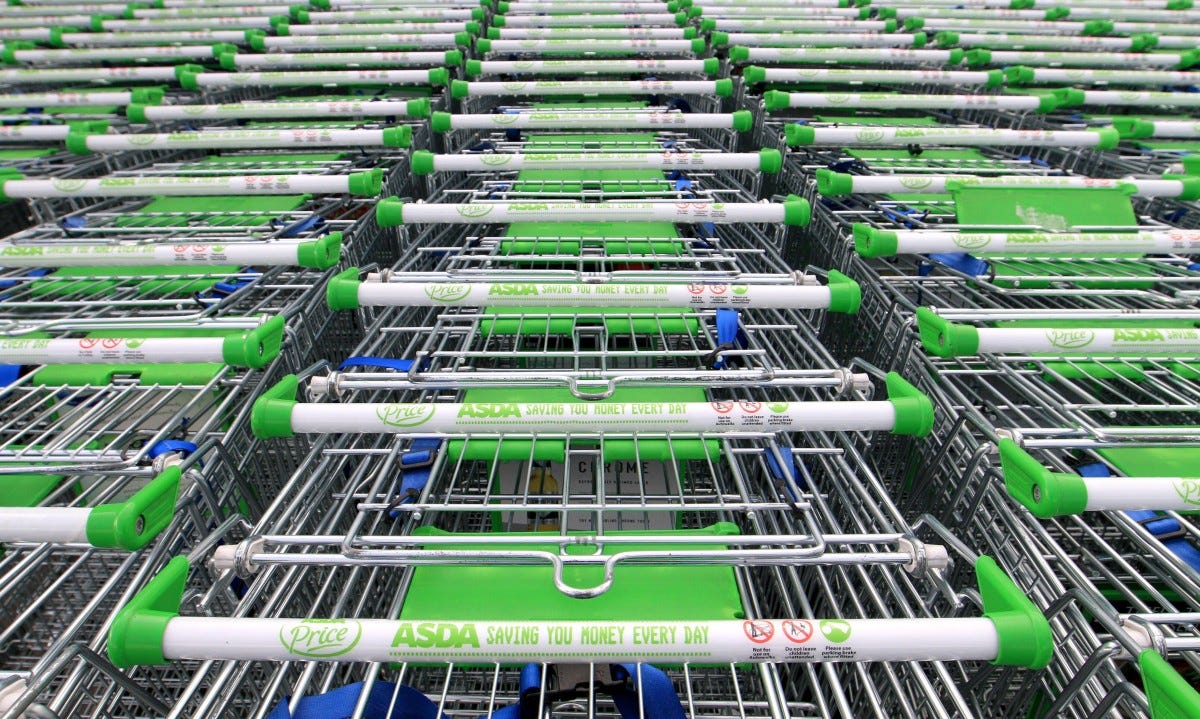
There’s a price war going on in the UK grocery market. How do we know? Allan Leighton, Asda’s battle-hardened and combative chairman, told us.
It is “rolling back” prices on hundreds of items to pre-inflation levels, and when he fired the first shots in January, investors and competitors took cover, since food retailing is Britain’s most price-sensitive and competitive business.
Yet it now seems that Asda was firing blanks. The Grocer magazine has looked for Asda’s rollbacks and found them “on offer for far shorter periods than suggested, whilst also failing to sell many post-promotion products at a lower price, as promised.” This is not an accusation made lightly. The Grocer found that of the 10,000 items in the rollback programme, only a maximum of 4,260 were actually rolled back at any one time.
An Asda spokesperson told The Grocer: “Since the relaunch of Rollback we have been very clear that this is a long-term commitment to bring prices down and that we’re not looking for a ‘quick fix’”.
Shore Capital’s Clive Black is the analyst’s analyst for this sector, and he asks whether Asda is being straight with its shoppers, or is just looking for some easy headlines about price wars in the supermarkets. So if you hadn’t noticed that there’s a war on, it may be because there really isn’t. Asda is firing blanks because it can’t afford live ammunition. Its balance sheet is too weak for financial aggression, as it has been ever since Walmart of the US sold out for £6.8bn in 2021 – almost the same price it had paid 22 years earlier – to a private equity group which needed a heroic amount of borrowed money.
That group was led by the Issa brothers, who had built a national chain of petrol stations. Asda had been the price leader for petrol and, after the deal, the margin on Asda’s petrol stations rose sharply. Yet, despite a further capital reconstruction, the owners have struggled to bring the debt down, while Asda’s market share in groceries has fallen from 14.8 per cent at the time of the deal to 12.6 per cent in February.
It’s 25 years since Mr Leighton last left Asda, and the German incomers, Aldi and Lidl, have grown into brutal competitors since then. The basics haven’t changed, although few would choose to start from here, with a falling market share and under a mountain of debt. But as he told The FT: “We’ve got well-trailed issues: pricing, availability, range architecture — they are the three things we have to fix.”
That’s just about everything in retailing. Still, at least Asda has a nice new logo, described by experts in these things as “honest, down-to-earth, playful style”. It’s still a phoney war, though.
